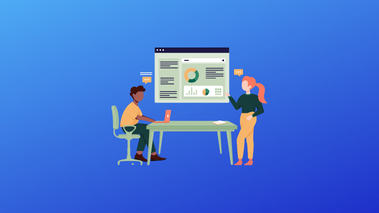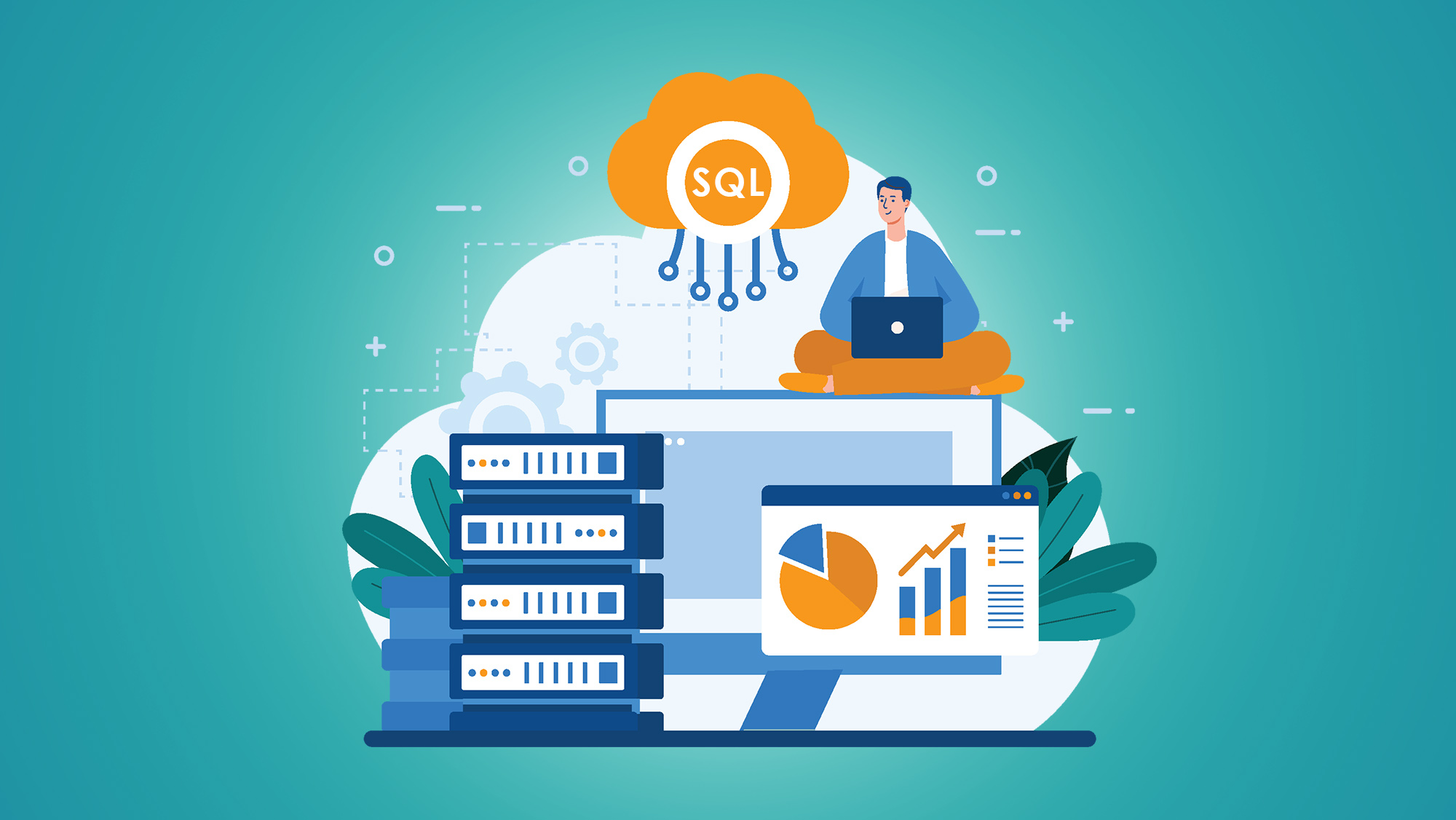From Basics to Brilliance: Master R Programming with Expert Training
Introduction:
R programming is a versatile language for data analysis, statistical modeling, and visualization. If you're looking to enhance your skills and become a master in R programming, expert training can provide the guidance and knowledge needed. In this blog, we will explore how you can progress from the basics to brilliance in R programming through expert training. Whether you're a beginner or have some experience, this guide will help you embark on a journey towards mastering R programming.
1. Understanding the Basics of R Programming:
Begin your journey by grasping the fundamental concepts of R programming. Learn about R's syntax, data types, variables, and control structures. Gain an understanding of basic operations, functions, and the R console.
2. Exploring Data Manipulation and Analysis:
Dive into data manipulation and analysis techniques in R. Explore methods for importing and exporting data, handling missing values, filtering and transforming data, and performing exploratory data analysis. Familiarize yourself with essential packages like dplyr and tidyr.
3. Statistical Modeling and Inference:
Gain proficiency in statistical modeling and inference using R. Learn about linear regression, logistic regression, hypothesis testing, and analysis of variance (ANOVA). Understand how to build and interpret statistical models using packages like stats and ggplot2.
4. Advanced Data Visualization:
Master the art of data visualization in R. Explore advanced techniques for creating insightful and visually appealing visualizations using packages like ggplot2 and plotly. Learn how to customize plots, create interactive graphics, and effectively communicate data insights.
5. Machine Learning with R:
Delve into the world of machine learning using R. Learn about popular machine learning algorithms such as decision trees, random forests, and support vector machines. Understand how to train, evaluate, and fine-tune machine learning models using packages like caret and randomForest.
6. Working with Big Data in R:
Explore techniques for working with large and complex datasets in R. Learn about data manipulation strategies, parallel processing, and using packages like dplyr and data.table for efficient data handling. Understand how to leverage cloud-based solutions for big data analysis.
7. Reproducible Research with R Markdown:
Discover the power of reproducible research using R Markdown. Learn how to integrate code, visualizations, and narrative text in a single document. Explore the creation of dynamic reports, presentations, and dashboards in various formats using R Markdown and related packages.
8. Optimizing Performance and Efficiency:
Master techniques to optimize the performance and efficiency of your R code. Learn about profiling, memory management, and code optimization strategies. Understand how to make your code run faster and handle larger datasets effectively.
9. Collaboration and Project Management:
Explore collaborative workflows and project management in R. Learn how to work with version control systems like Git, manage code repositories, and collaborate effectively with others. Understand best practices for organizing, documenting, and sharing your R projects.
10. Real-world Applications and Case Studies:
Apply your R programming skills to real-world scenarios and case studies. Explore how R is used in various industries such as finance, healthcare, marketing, and environmental sciences. Analyze and solve data-related challenges using R and gain insights into best practices.
11. Continuous Learning and Resources:
Embrace the mindset of continuous learning and stay updated with the latest advancements in R programming. Discover additional resources, such as online tutorials, books, blogs, and communities, to further expand your knowledge and connect with fellow R enthusiasts.
Conclusion:
With expert training, you can progress from the basics to brilliance in R programming. By gaining a strong foundation in R syntax and data manipulation, mastering statistical modeling and machine learning, honing your data visualization skills, and exploring advanced topics, you can become a proficient R programmer. Embrace expert training, practice with real-world examples, and continue to learn and grow as you unlock the full potential of R programming.
You May Also Like
These Related Stories

Becoming a Looker Expert: Essential Training for Business Intelligence and Data Visualization

Becoming a MySQL Expert: Essential Training for Developer Success




No Comments Yet
Let us know what you think